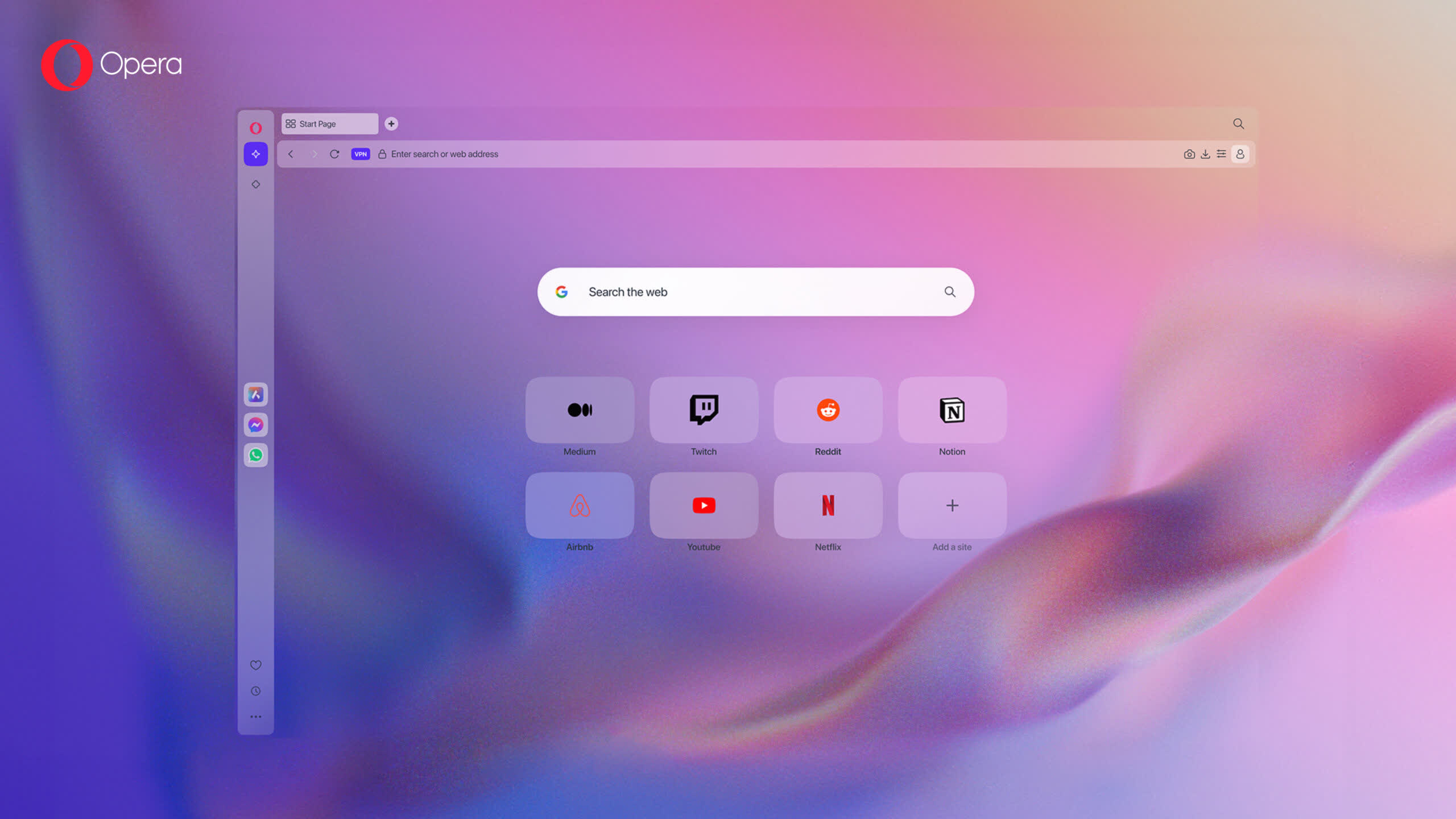Google Chrome dominates the browser market, but recent changes to its extension framework, known as Manifest V3, are generating a backlash, especially from users of ad-blocking tools like uBlock Origin. Manifest V3 restricts certain functionalities crucial for ad blockers, limiting their ability to filter content as effectively as they once did. This change has impacted the broader browser ecosystem since most browsers are built on Chromium, the same open-source project that powers Chrome.
Opera, a smaller but longstanding player in the browser space, has announced it will continue supporting older extensions like uBlock Origin. Although Opera relies on the Chromium engine, it plans to make modifications to its own version to maintain compatibility with extensions dependent on the older Manifest V2 standard.
This decision positions Opera as one of the few browsers committed to preserving robust ad-blocking functionalities for its users, a significant move that could attract Chrome users frustrated by Manifest V3’s limitations.
Opera’s commitment to maintaining these extensions marks a departure from its usual reliance on Google’s updates to Chromium. Unlike minor interface tweaks, Opera’s efforts to support V2 extensions will require ongoing development work and resources, reflecting its dedication to retaining full-featured ad-blocking capabilities.

Opera Takes Stand Against Chrome’s New Extension Rules, Pledging Full Ad-Blocking Support
For Opera, catering to users looking for effective privacy tools could help it stand out in a market dominated by Chrome and Firefox, appealing especially to users dissatisfied with Chrome’s direction.
While other Chromium-based browsers like Brave and Vivaldi also support ad blockers, they may not have the resources or flexibility to commit fully to maintaining older extension compatibility as Google phases it out.
This shift has raised concerns among users and developers alike, who argue that Manifest V3 favors advertisers at the expense of user experience and privacy. The move from Google to enforce V3 across Chromium-based browsers is seen by some as a strategic attempt to limit ad blockers’ effectiveness on its platform.
Google’s dominance isn’t entirely unshakeable, as browser preferences have shifted significantly over the decades, moving from Netscape to Internet Explorer, then Firefox, and now Chrome.
With increasing scrutiny from regulators, including discussions from the U.S. Department of Justice on potential antitrust actions against Google, there may be new opportunities for competitors to carve out a niche by focusing on user privacy and independence from tech giants. Opera’s choice to back ad blockers and V2 extensions is one of several signals that the browser market could be in flux once again.









































